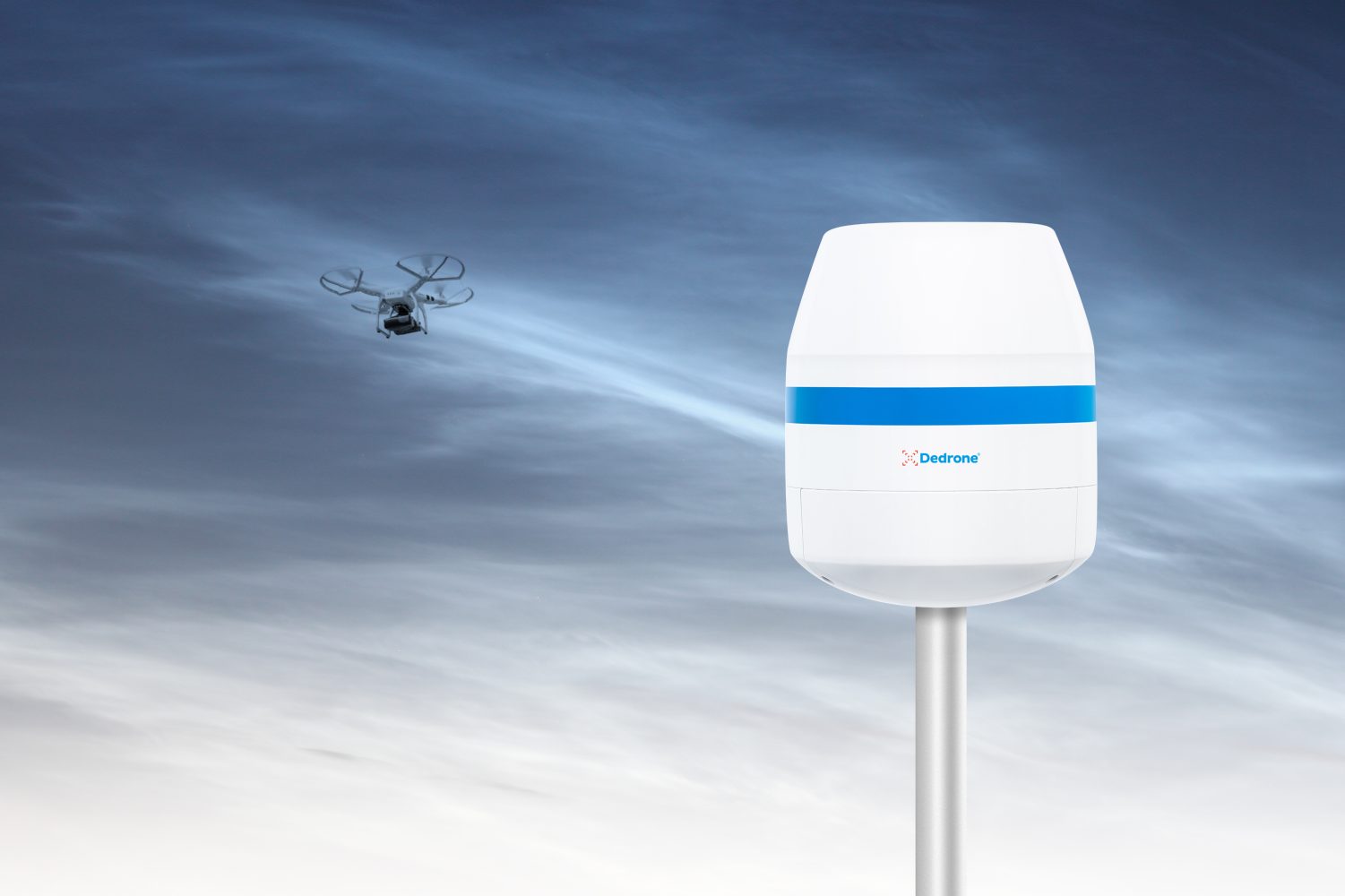
Airspace monitoring and security tech company Dedrone is expanding its work with the Federal Aviation Administration (FAA) in testing its drone detection and identification systems at an increasing number of airports, where it will also demonstrate its mitigation solutions for invasive craft.
Dedrone says the extension of its existing drone detection trials with the FAA will build on the lessons already learned from their earlier activity at Atlantic City International Airport. As part of that, the Virginia-based firm has already commenced trial operations at a still undisclosed US airport, and will eventually oversee those at a total of five air traffic hubs.
Parallel to that effort, Dedrone is also consulting with regulators and congressional leaders on the best solutions available for drone detection and mitigation strategies ahead of Congress’s FAA reauthorization.
Read: Dedrone City-Wide offers one-stop drone detection data across major US municipalities
The FAA’s invitation-only airport trials began in February 2022, and will continue through September of this year. The FAA will use the lessons drawn from that activity to determine the best options for detection and mitigation systems in airspaces around US airports.
As part of that effort, Dedrone has been demonstrating its AI-enhanced DedroneTracker, a sensor-fusion platform providing UAV detection, monitoring, and identification capabilities, using craft behavior, imagery, known flight modeling, and other data to determine exact location and drone type.
Trials of its recently released DedroneDefender precision jammer have similarly been under way in examining the best mitigation solutions available for FAA deployment at airports. Dedrone’s reliance on narrow-band or “comb” jamming in that solution reduces the risk of interference with other communications systems operating in the same area.
According to company CEO Aaditya Devarakonda, the ongoing trials are one of the ways Dedrone has been contributing to the FAA’s ongoing search for future detection and neutralization tech.
“The threat of drone disruptions to airports and other critical infrastructure is persistent and escalating,” said Devarakonda. “We are honored to continue our work with the FAA to make airports safer for passengers, crew, and airport staff by incorporating our counter-drone technology into existing airport security apparatuses. We look forward to further supporting the FAA at this additional airport after successful implementation in Atlantic City.”
Read: Dublin Airport flails in response to recurring drone flights disrupting air traffic
In addition to Atlantic City, Dedrone will be testing its drone detection and mitigation assets at Rickenbacker International Airport in Columbus, Ohio; Alabama’s Huntsville International Airport; Syracuse Hancock International Airport in New York; and the Seattle-Tacoma International Airport.
FTC: We use income earning auto affiliate links. More.




Comments